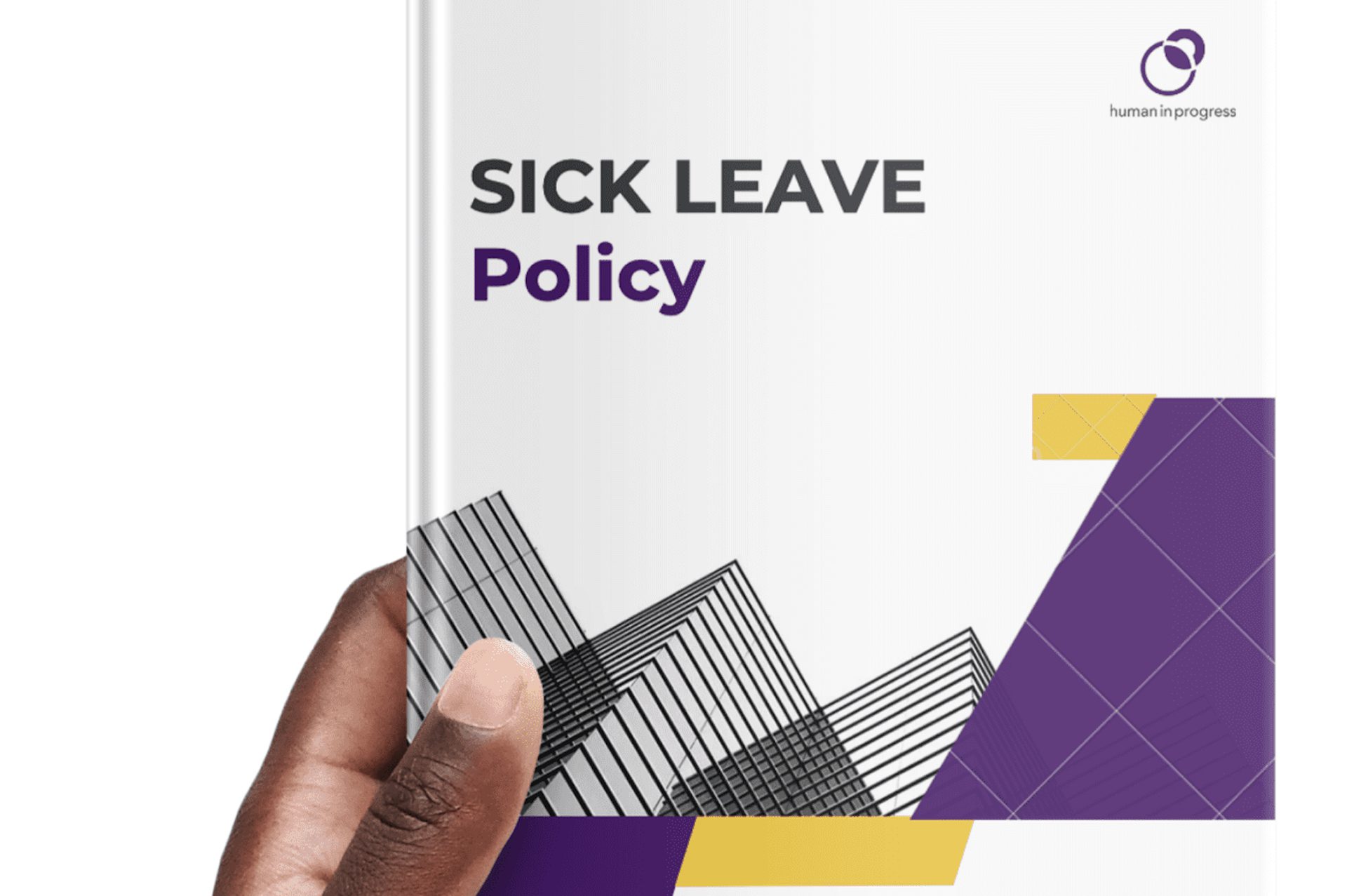The Dutch government plays a proactive role in enforcing health and safety Netherlands standards, as outlined in the Dutch Working Conditions Act (Health & Safety Act).
Ensuring health and safety in the workplace is not just a legal obligation but also a moral imperative for employers. It encompasses a wide range of measures aimed at protecting the physical, mental, and emotional well-being of employees while they are on the job.
From preventing accidents and injuries to promoting a positive work environment, a safe working environment leads to healthy and motivated employees. Understanding the underlying causes of absenteeism is crucial for organisations in the Netherlands aiming to mitigate its impact on productivity and employee well-being.
Employment Law in the Netherlands encompasses various aspects, including the Working Conditions Act, Working Hours Act, minimum wage per hour, employee benefits, employment and dismissal procedures, Dutch Works Councils Act, Dutch Whistleblower Protection Act, and the General Data Protection Regulation.
In this article the focus is on the importance of health and safety in the workplace and the key regulations governing it in the Netherlands.
Table of Contents
What Is Arbo?
The Dutch Working Conditions Act [Arbeidsomstandighedenwet/Arbowet] requires every employer to conduct a health and safety policy aimed to provide optimal working conditions for employees.
Arbo in Dutch is the abbreviated term for the working conditions in the Netherlands.
The services of the Occupational Health & Safety Service provider are called in Dutch Arbo Services.
What Is a Health and Safety Service in the Netherlands?
The Occupational Health and Safety Service provider Netherlands [Arbodienst], plays a crucial role in supporting employers in maintaining optimal working conditions for employees. The Health and Safety Service provider offers services to employers regarding the working conditions and the Sick Leave Netherlands rules.
The support covers the areas such as mandatory Risk Inventory & Evaluation (RI&E) and execution of the Sick Leave in the Netherlands.
In case the company has a Works Council, please note that the implementation of a contract or any changes related to the contract with the Occupational Health & Safety Service provider is subject to Works Council’s Right of Consent / Right of Approval article 27 of the Works Councils Act.
Netherlands’ Safety Legislation – Health & Safety Act
The Dutch Working Conditions Act [Arbeidsomstandighedenwet/Arbowet] governs the health and safety standards in the workplace. The law outlines the rights and responsibilities of the employer and employees, temporary staff, and subcontractors.
Responsible for occupational health and safety in the Netherlands is the Ministry of Social Affairs and Employment (Sociale Zaken en Werkgelegenheid or SZW).
The Netherlands Labour Authority (NLA), the Netherlands equivalent of OSHA is responsible for enforcing the Working Conditions legislation.
Trade Unions play a vital role in addressing health and safety concerns, often negotiating agreements outlined in the Occupational Safety and Health (OSH) Catalogue.
This comprehensive resource offers a range of measures and solutions tailored to specific industries, empowering companies, and employees to select those most relevant to their sector. The catalogue also showcases “good practices” – practical examples of rule compliance within the specific industry.
The Dutch government is allowing companies to customise the way they seek to promote good working conditions, demonstrating their effectiveness compared to those prescribed in the Arbo Catalogue.
Working Conditions Act Netherlands – Arbo Law Netherlands
The areas that employers need to address regarding health and safety in the Netherlands include:
- Health & Safety Policy
- Risk Inventory & Evaluation (RI&E)
- Emergency Response Officers
- Confidential Counsellor
- Prevention Officer (Health & Safety Officer)
- Grievance Policy & Procedures
- Bullying & Harassment Policy
- Sick Leave Policy
- Code of Conduct
Health & Safety Policy
Employers are required by law to have in place a Health & Safety policy providing a safe and healthy working environment for all employees, visitors, contractors, and any other persons affected by the business operations.
Both the employer and employees share a legal responsibility to work together in establishing a safe and healthy workplace.
Risk Inventory & Evaluation (RI&E)
The Risk Inventory & Evaluation (RI&E) [Risico Inventarisatie & Evaluatie], assessment is also mandated by law for employers (even with only one employee) and essential for fulfilling the legal obligation of ensuring employee health and safety.
Emergency Response Officers
The employer is also obliged to seek assistance of employees who have been designated as Emergency Response Officers (ERO) acting effectively in the event of an emergency at the office location.
Confidential Counsellor Netherlands
In conjunction companies need to protect employees against sexual harassment, aggression, and violence and to pay attention to undesirable behaviour, referred to in the law as Psychosocial Occupational Stress (PSA) [Psychosociale arbeidsbelasting]. The Confidential Counsellor is a designated professional providing confidential support to employees facing issues within the Netherlands workplace.
Prevention Officer Netherlands (Health & Safety Officer)
The meaning of the Prevention Officer Netherlands [Preventiemedewerker] is to focus on ensuring day-to-day workplace health and safety. The main statutory tasks of a Prevention Officer in the Netherlands are:
- The (joint) preparation and implementation of the Risk Inventory & Evaluation (RI&E).
- Advising and working closely with the employer (and with the Works Council) on the prevention measures to be taken to ensure proper working conditions.
- Implementing and carrying out these measures.
Prevention Officers collaborate with management, employees, the Works Council, HR, and external stakeholders such as the Occupational Health & Safety Service provider.
According to the Dutch Working Conditions Act [Arbeidsomstandighedenwet/Arbowet] every company must have at least one (1) Health and Safety Officer. The act does not state the exact number of health and safety officers the employer will need in relation to the size of the company.
The appointment of the Prevention Officer is subject to Works Council’s Right of Consent / Right of Approval article 27 of the Works Councils Act.
Grievance Policy and Procedure
The purpose of this document is to outline the procedure for staff (employees, contractors, and consultants) to raise a complaint or formal grievance. It describes the process, stages in case of a compliant such as criminal activity, danger to health and safety, breach of legal obligations).
Bullying & Harassment Policy
These guidelines and procedures outline the definitions of bullying and harassment in the workplace, along with examples of unacceptable behaviour. The policy is closely associated with the role of the confidential counsellor and the procedure outlined in the Grievance Policy & Procedure.
Sick Leave Policy
The law sets all sorts of obligations for both the employee and the employer to facilitate as much as possible the speedy recovery of the employee including engaging the services of an Occupational Health & Safety Service provider.
A well-crafted Sick Leave policy in the Netherlands is not just a legal necessity; it is a strategic guide to navigate the complexities of sick leave management in accordance with the Permanent Incapacity Benefit (Restrictions) Act.
Code of Conduct
A typical code of conduct covers a wide range of topics, including honesty and integrity, respect for others, confidentiality, conflicts of interest, compliance with laws and regulations, use of company resources, and professional conduct in the workplace.
Conclusion Health and Safety Netherlands
The Netherlands places a strong emphasis on health and safety in the workplace, governed by robust regulations and proactive involvement from both the government, Works Council, employees, and Trade Unions.
Employers are responsible for ensuring compliance with the Dutch Working Conditions Act, which provides practical solutions and “good practices” for maintaining safe working environments.
While HR departments often handle various aspects of employee welfare and compliance, including recruitment, training, and performance management, the need for HR professionals to collaborate with other departments is required and essential, such as facilities management, the prevention officer, and others to develop and implement conduct risk assessments, and provide training on safety protocols.




